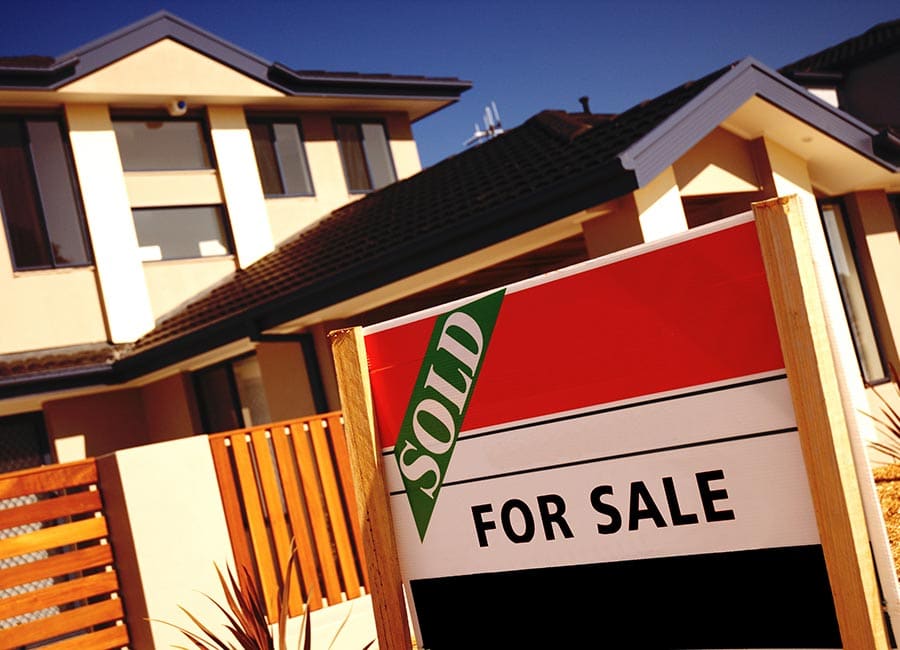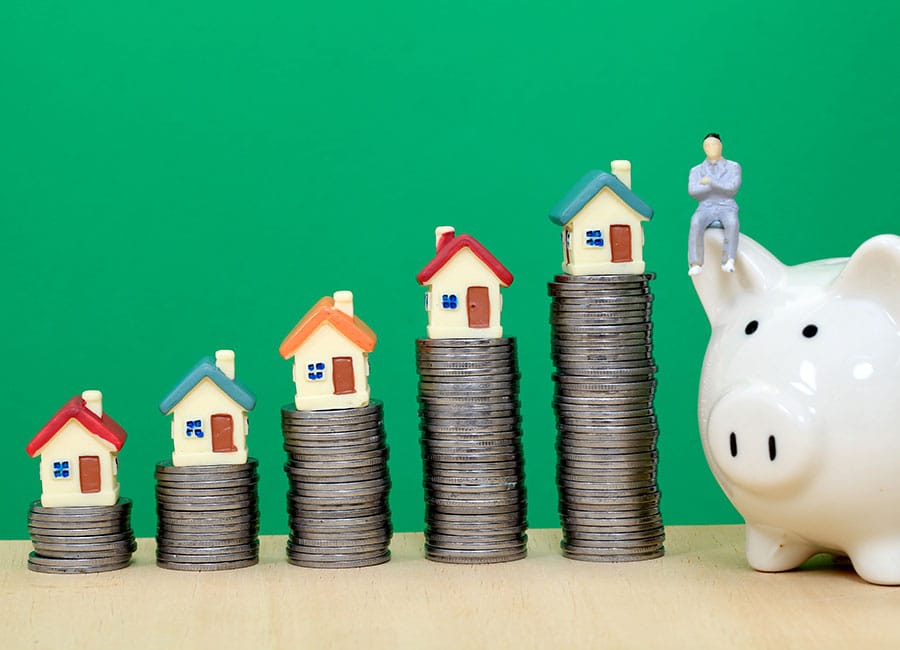House prices grew at their fastest rate for nearly seven years in the 12 months to the end of February, with annualised inflation in the property market increasing to 15.3%, according to the Central Statistics Office (CSO).
The increase compares to a rate of 14.8% in the year to January 2022 and an increase of just 3% in the 12 months to February 2021, with prices increasing 13.5% in Dublin and 16.8% outside the capital.
House prices are now just 2.5% below peak levels recorded in 2007, although the deficit is 10.3% in Dublin compared to the February 2007 and 3.9% in the rest of Ireland when measured against the May 2007 record.
Property prices nationally have risen by 117.3% since early 2013, with prices in Dublin up 122.1% from their February 2012 low and prices in the rest of Ireland now 121.2% higher than in May 2013.
Austin Hughes, chief economist with KBC Bank Ireland, said record house prices were likely to be seen in the current quarter and that transactions are likely now taking place at record prices.
"A lack of any significant volume of new building outside the main urban centres in recent years means that even modest increments in demand can result in outsized increases in price," Hughes said. "However, it should also be cautioned that relatively small numbers of transactions may skew these results and lead to significant volatility from month to month.
"Although there appears to be a still significant element of pent-up demand, the impact of additional pandemic savings might be expected to gradually diminish and eventually be offset by the adverse impact of increased living costs on savings capacity.
"However, this process is likely to be uneven. For example, higher transport costs and the particular price pressures seen recently in home heating oil might weigh on future price growth in more remote areas."

Overall, prices of new dwellings have risen by 81.6% from their trough in the middle of 2013, and prices paid for existing dwellings are now 115.8% more than in 2012.
Some 3,584 home purchases, valued at €1.2bn, were filed with the Revenue in February, an increase of 1.9% month-on-month and 11.8% year-on-year, with existing homes accounting for 84.7% of transactions and new homes just 15.3%.
Trevor Grant, chair of the Association of Irish Mortgage Advisors (AIMA), said the availability of second-hand homes was at a record low, and particularly at the lower end of the market, with 50,000 new homes expected to be completed by the end of 2023.
"Demand outstripping supply has been putting upward pressure on property prices for a few years at this stage, but we are now also seeing the real impact of 'pandemic savings,'" Grant said.
"There is a strong cohort of mortgage applicants at the moment who have amassed funds that they would not have had the chance to save, but for the restrictions imposed on our day to day living over the last two years.
"Those who were able to avail of this opportunity to save are now in a stronger position and ultimately, have more money with which they can bid on the home they want."
The median price paid for a home was €282,000, rising to €410,000 in Dublin, €394,000 in Wicklow, and €340,000 in Kildare, with the cheapest homes found in Longford on average (€132,750). The mean average nationally was closer to €330,000, and €510,000 in Dublin.











